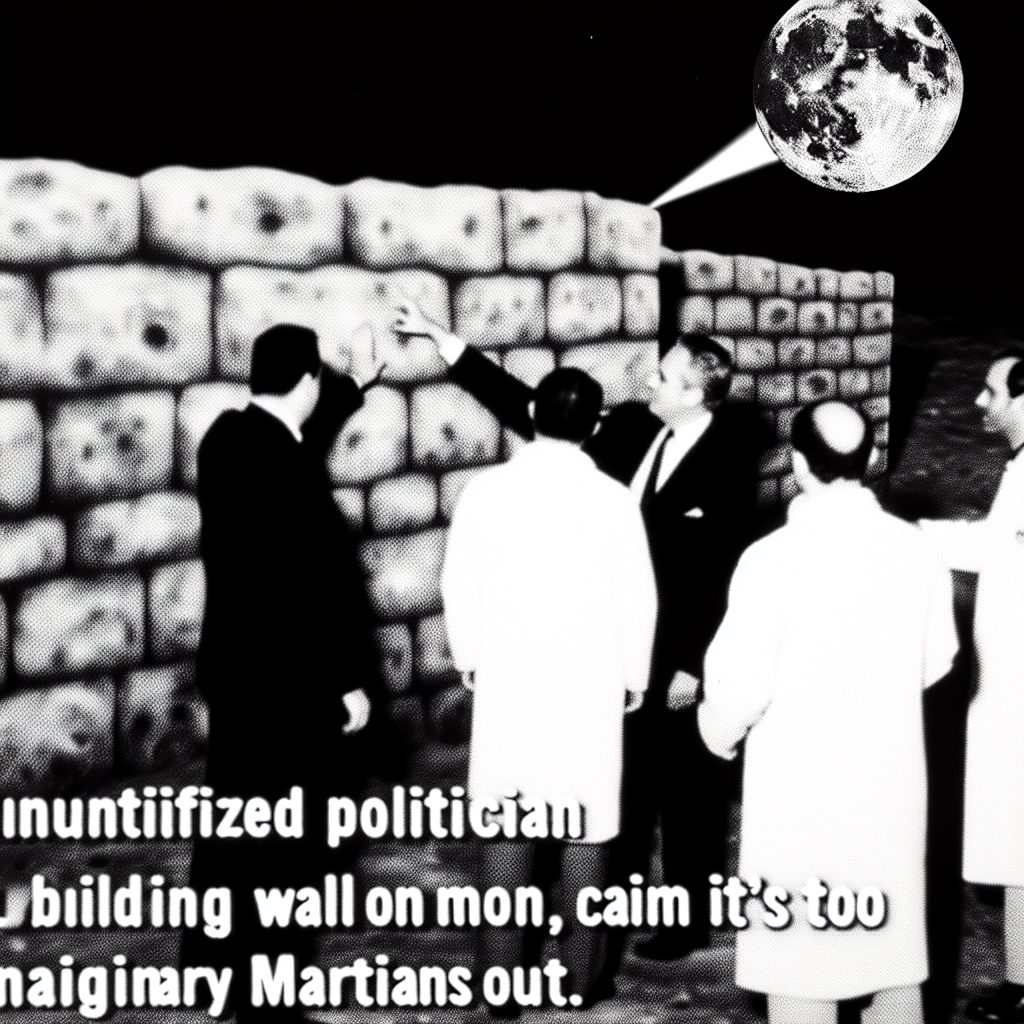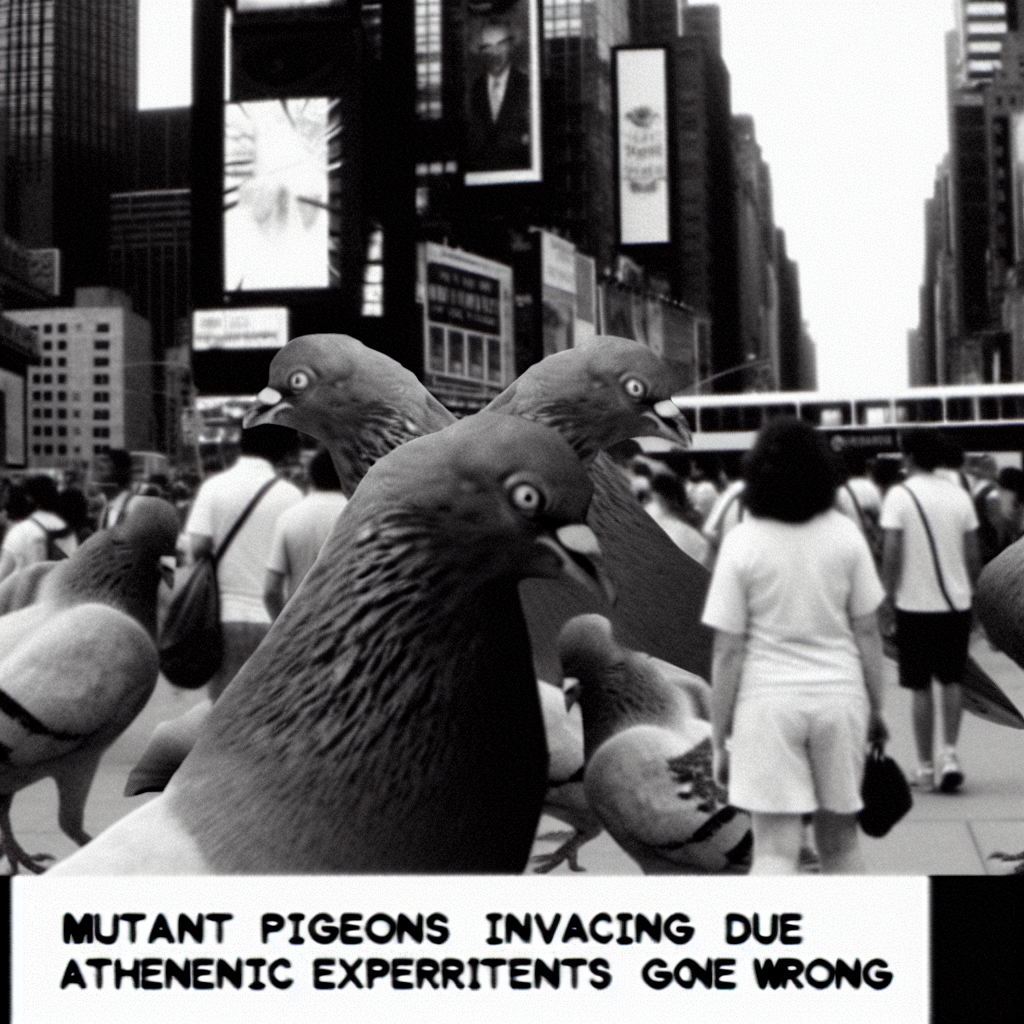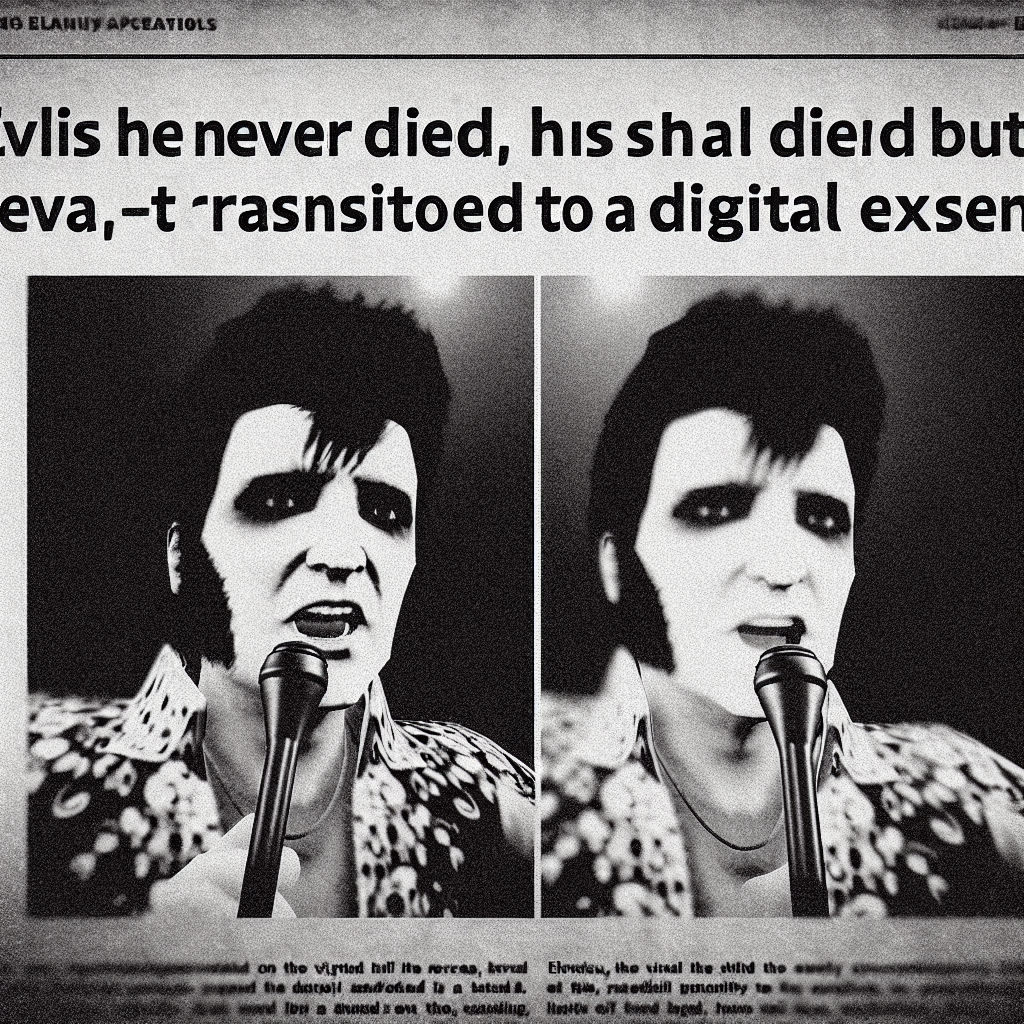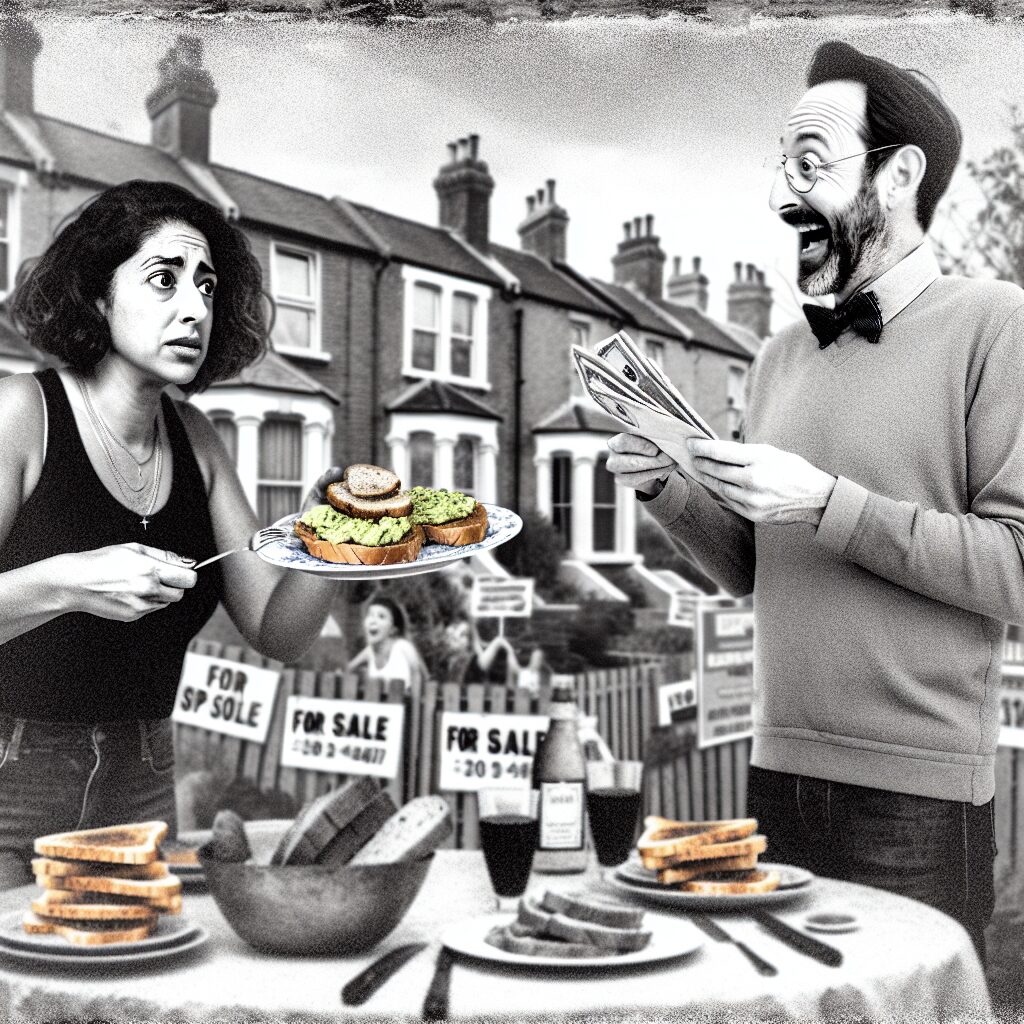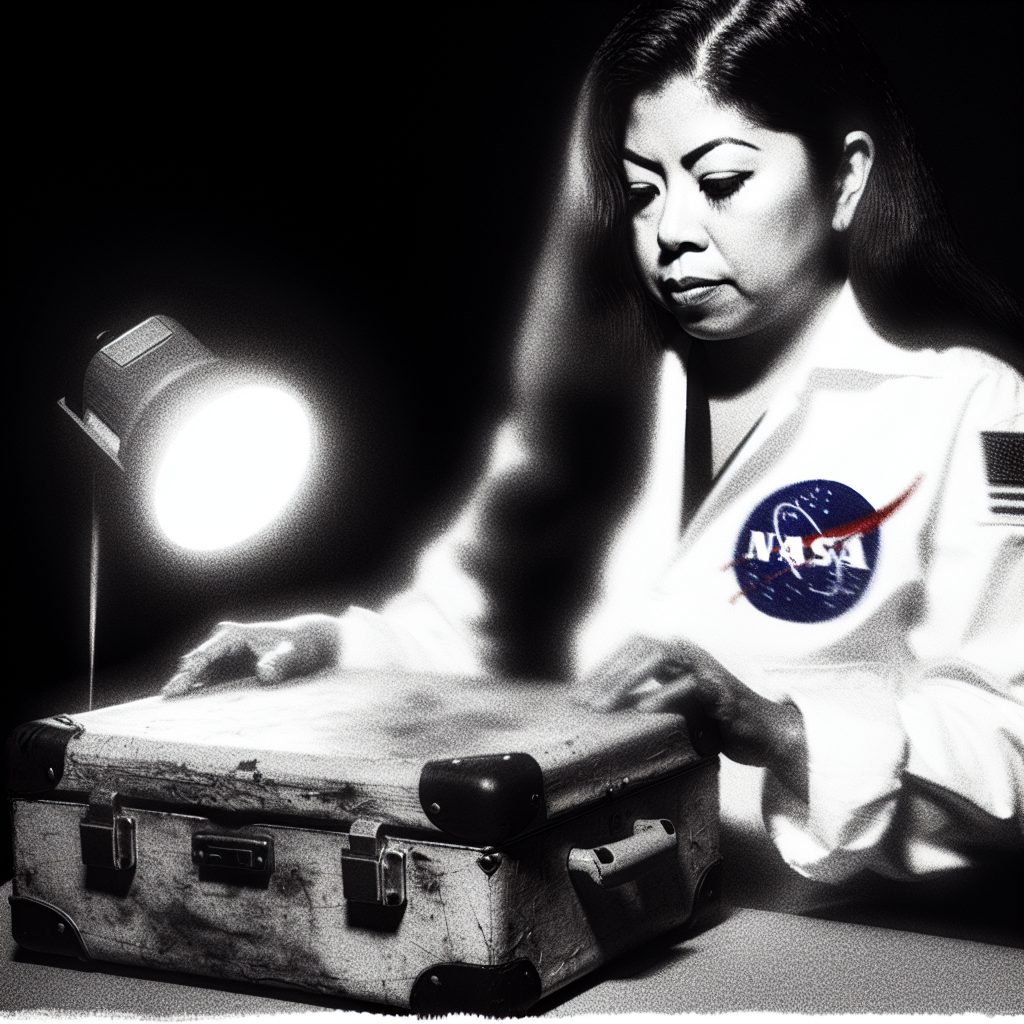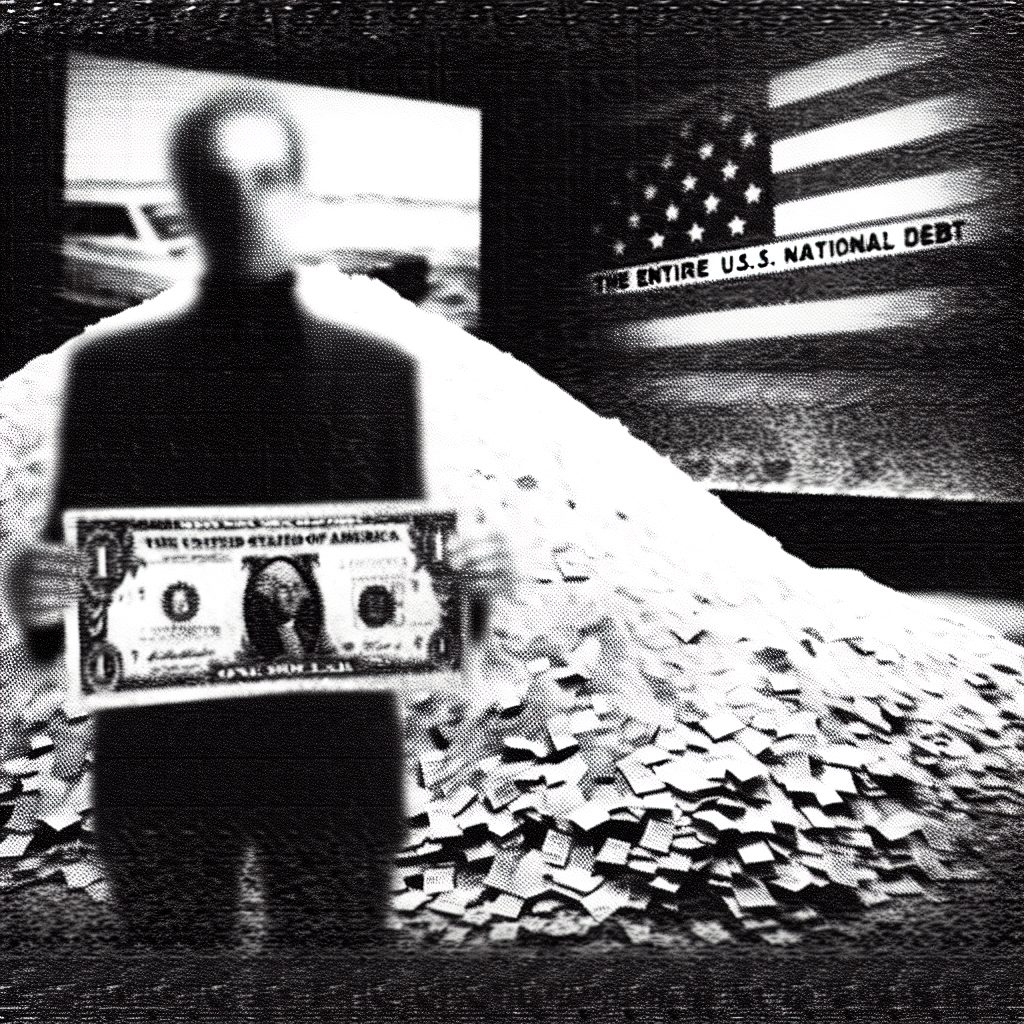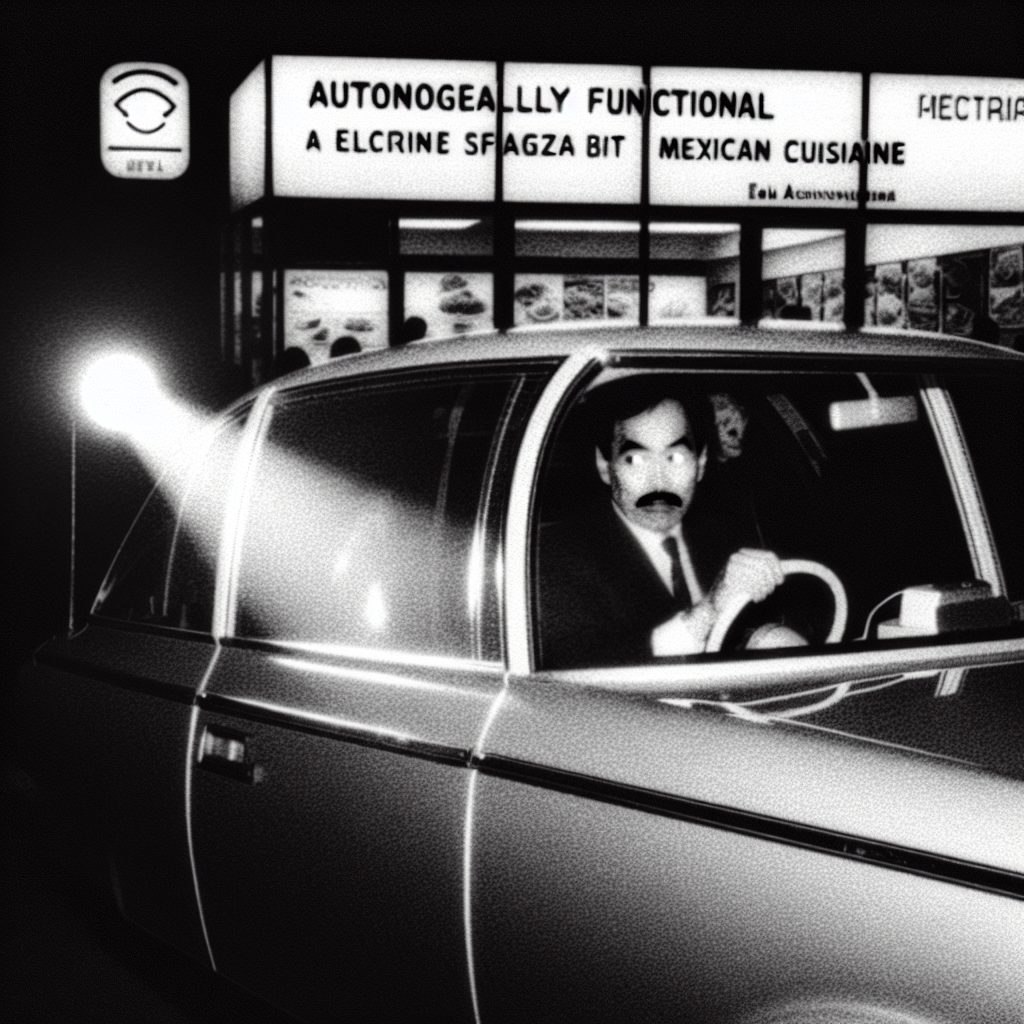Local millennial buys house using avocado toast as down…
Real estate market in shambles, brunches everywhere
PORTLAND, OR – In a shocking turn of events that has sent ripples through both the real estate industry and the breakfast food economy, 28-year-old Skylar Martinez successfully purchased a $450,000 two-bedroom craftsman home using nothing but avocado toast as a down payment, sources confirm.
The unprecedented transaction occurred last Tuesday at Cascade Realty, where Martinez wheeled in a shopping cart containing 247 pieces of artisanal avocado toast, each individually wrapped and appraised at $18 by certified breakfast valuators. The total came to exactly $4,446, which the seller mysteriously accepted as sufficient for the property’s required 10% down payment.
“I’ve been in real estate for thirty-seven years, and I’ve never seen anything like it,” said trembling eyewitness Cheryl Blackwood, who was attempting to purchase her own starter home when the bizarre scene unfolded. “The seller’s eyes just glazed over when he saw all that toast. He kept muttering something about ‘the prophecy’ and signed the papers immediately. The whole office smelled like a hipster café explosion.”
The transaction has reportedly triggered a complete collapse of traditional mortgage lending practices across the Pacific Northwest. Wells Fargo, Bank of America, and Chase have all announced emergency board meetings to discuss implementing “Breakfast Food Collateral Programs,” while several local credit unions have begun stockpiling organic bread and Hass avocados in their vaults.
Industry insiders suggest this may be connected to a secret cabal of real estate moguls who have been manipulating breakfast food prices for decades as part of an elaborate housing market scheme. Dr. Amanda Rothschild, professor of Conspiratorial Economics at Portland Community College, believes the avocado toast phenomenon was always meant to serve this exact purpose.
“What we’re witnessing is the culmination of a fifteen-year psychological operation,” Dr. Rothschild explained, adjusting her tinfoil-lined reading glasses. “They’ve been conditioning millennials to associate avocado toast with financial responsibility and homeownership through subliminal messaging in lifestyle blogs and Instagram ads. Now they’re activating the final phase of their plan to destabilize the entire monetary system.”
Martinez, who works part-time at a vintage typewriter repair shop and runs an Etsy store selling hand-knitted smartphone cases, claims she discovered the “avocado loophole” after finding a mysterious leather-bound cookbook in her grandmother’s attic. The book, allegedly written in 1923 by a group calling themselves “The Order of the Sacred Brunch,” contains detailed instructions for converting breakfast items into legal tender through ancient alchemical processes.
“Everyone always said I was wasting money on avocado toast, but I knew there had to be a reason I was so drawn to it,” Martinez said while seasoning her new home’s doorknobs with everything bagel seasoning. “The book says if you toast the bread at exactly 347 degrees while chanting the Fibonacci sequence backwards, the avocados achieve a vibrational frequency that makes them legally equivalent to cash.”
Reports indicate that brunch establishments throughout the city have been overwhelmed by desperate millennials attempting to replicate Martinez’s success. Three restaurants have reportedly run out of avocados entirely, while others have implemented strict purchase limits and hired armed guards to protect their sourdough supplies.
Local authorities remain baffled by the legal implications. The Oregon State Banking Commission has launched an investigation, but their preliminary findings only deepened the mystery when forensic accountants discovered that Martinez’s avocado toast somehow continues to appreciate in value even after being consumed by the property’s previous owner.
Real estate prices have begun fluctuating wildly based on breakfast food futures, with some properties now listed exclusively in units of French toast or Belgian waffles. The National Association of Realtors has issued an emergency advisory warning Americans to “remain calm and avoid making any major financial decisions involving citrus fruits or caffeinated beverages.”
The characters and events depicted in this story are entirely fictitious. Any similarity to real persons, living or dead, or to actual events is unintentional and purely coincidental.



